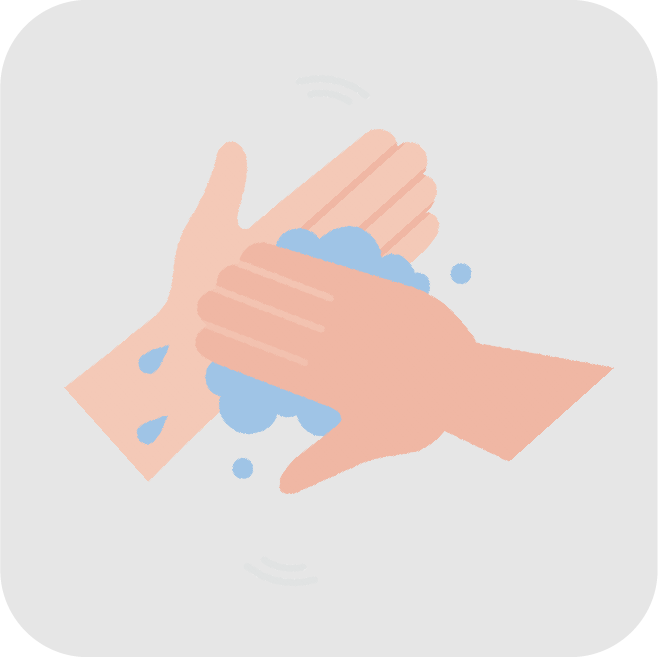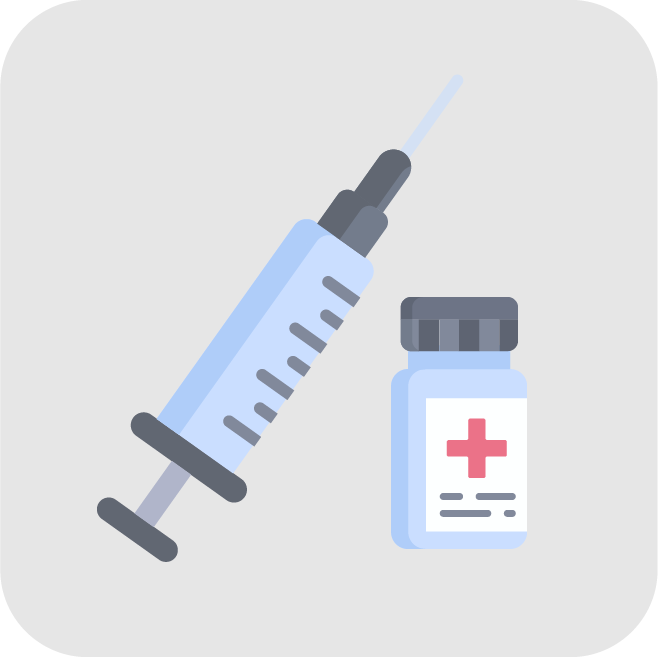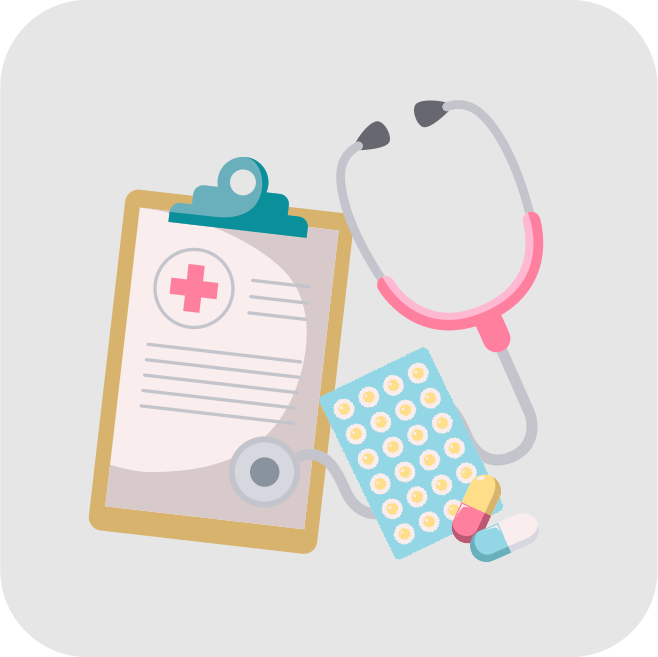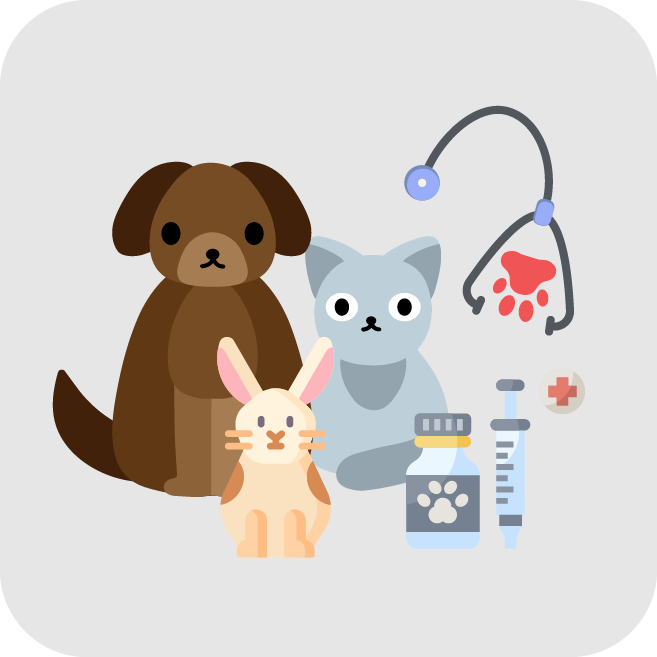Protect Against Infections
Learn practical steps to protect yourself from infections
How can you protect yourself and your loved ones from infections?
An infection occurs when invading microorganisms overcome your body’s immune defences. Infections caused by antimicrobial-resistant microorganisms are harder to treat as the usual antimicrobials may not work. Instead, stronger antimicrobials must be used, which could be more expensive and lead to further resistance.
Protect yourself and loved ones against infections with these steps:

Practise good hygiene habits
Our hands come into contact with germs from the environment. Germs can also be carried by animals which, upon contact, can cause sickness in humans and vice versa. Regular hand washing with soap for at least 20 seconds, after touching animals or other daily activities, is one of the easiest and most effective ways to get rid of germs, prevent infection and prevent germs from spreading to others.

Reduce infection transmission
Stay home if you are unwell. This helps to prevent the spread of bacteria and viruses, and protect the community and your loved ones.
If you have respiratory symptoms such as a cough, wear a mask when you are around others. Remember to cover your mouth when you cough or sneeze.
If you have a wound or abrasion, make sure it is disinfected and covered to prevent infection.

Get vaccinated
Vaccinations strengthen our immunity against vaccine-preventable infectious diseases.
Are your vaccinations up to date? Learn about the recommended vaccines for your age group here

Take antibiotics responsibly
Not all illnesses require antibiotics. For instance, antibiotics do not treat viral infections such as the cold, flu, and most upper respiratory tract infections.
Follow your doctor's advice for medication, and use antibiotics responsibly:
Do not demand antibiotics from your doctor
Only use antibiotics when prescribed by your doctor
Follow the recommended dosage and duration of treatment prescribed by your doctor
Never share antibiotics with others or use leftover antibiotics
Never save antibiotics for later use

Practise food safety
Proper food handling and cooking can reduce the risk of infection due to harmful microorganisms. The risk of foodborne illnesses caused by bacteria can be mitigated by ensuring good hand hygiene, washing fruits and vegetables thoroughly before cooking or consumption, and cooking food thoroughly.
Learn more about food safety here.

Maintain good pet health
People and pets share living spaces, and could also share resistant microorganisms. Keep your pet healthy through vaccinations, regular deworming and parasite treatment, proper nutrition and exercise, regular health checks by a veterinarian, and good hygiene practices.
Learn more about pet health here.
